This is the first book-length examination of the influence of Leo Strauss’ immigration to the United States had on this thinking. Adi Armon knits together a close reading of unpublished seminars Strauss gave at the University of Chicago in the 1950s and 1960s with an interpretation of his later works, all of which were of course penned against the backdrop of the Cold War. In the beginning, Leo Strauss Between Weimar and America, (PDF) describes the intellectual environment that shaped the young Strauss’ point of view in the Weimar Republic, tracing those aspects of his thought that transformed and others that remained consistent up until his immigration to America. Armon then moves on to examine the centrality of Karl Marx to Strauss’s intellectual biography. By evaluating an unpublished seminar Strauss taught with Joseph Cropsey at the University of Chicago in 1960, Armon demonstrates how Strauss’ fragmentary, partial engagement with Marx in writing obscured the crucial role that Marxism actually played as an intellectual challenge to his later political thinking. Ultimately, the ebook explores the manifestations of Straussian doctrine in postwar America through reading Strauss’ The City and Man (1964) as a representative of his political teaching.
Reviews
“Adi Armon makes a significant contribution to the literature on Leo Strauss and his long-standing anti-communist convictions. In the middle of the Cold War, Strauss asserted that only liberal education―properly rooted in a canon of pre-modern political philosophers―could offer the antidote to the inherent ills born of the poor puddle of liberalism. Though, Armon presents exciting new archival material to show Strauss’s surprising engagement with Marx’s writings, and why Strauss recognized Karl Marx as the true enemy of the West.” — Eugene Sheppard, Associate Professor of Modern Jewish History and Thought, Brandeis University, USA
“There is much literature around the thought of Leo Strauss but virtually nothing has been said about Strauss’s critical encounter with Marxism and the critical ways in which this interacted with the development of his thought as he moved from the Weimar Republic to Europe and then the US. At the same time, and in enlightening manner, Adi Armon shows the subtle ways in which Strauss’s overall political thought, its consistencies, popular ambiguities and hidden messages, underwent change in his late Chicago exile. A perfect addition to the fascination Strauss – that shy, often defamed yet also usually worshiped German-Jewish thinker – still exerts.” — Steven Aschheim, Professor Emeritus, The Hebrew University, Israel
NOTE: The product includes the ebook, Leo Strauss Between Weimar and America in PDF. No access codes are included.

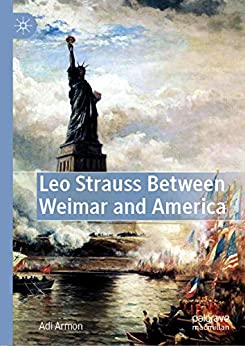
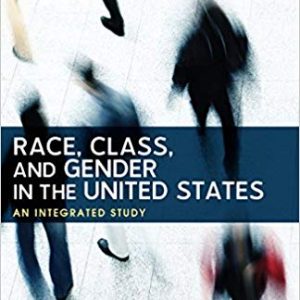
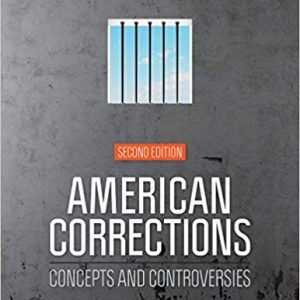
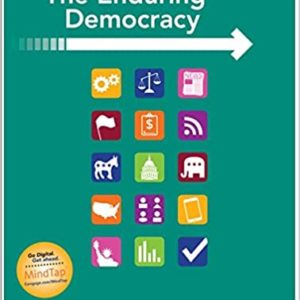
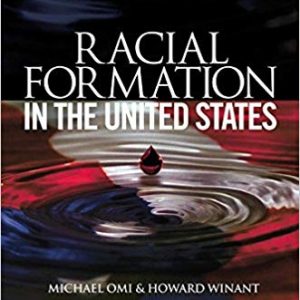
Reviews
There are no reviews yet.